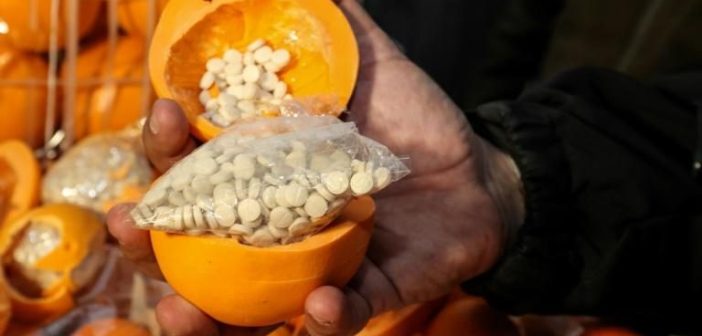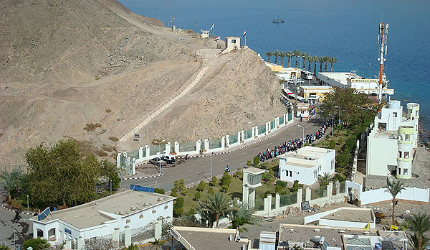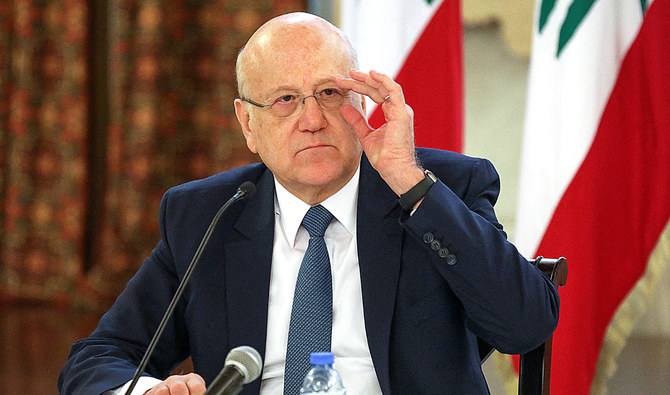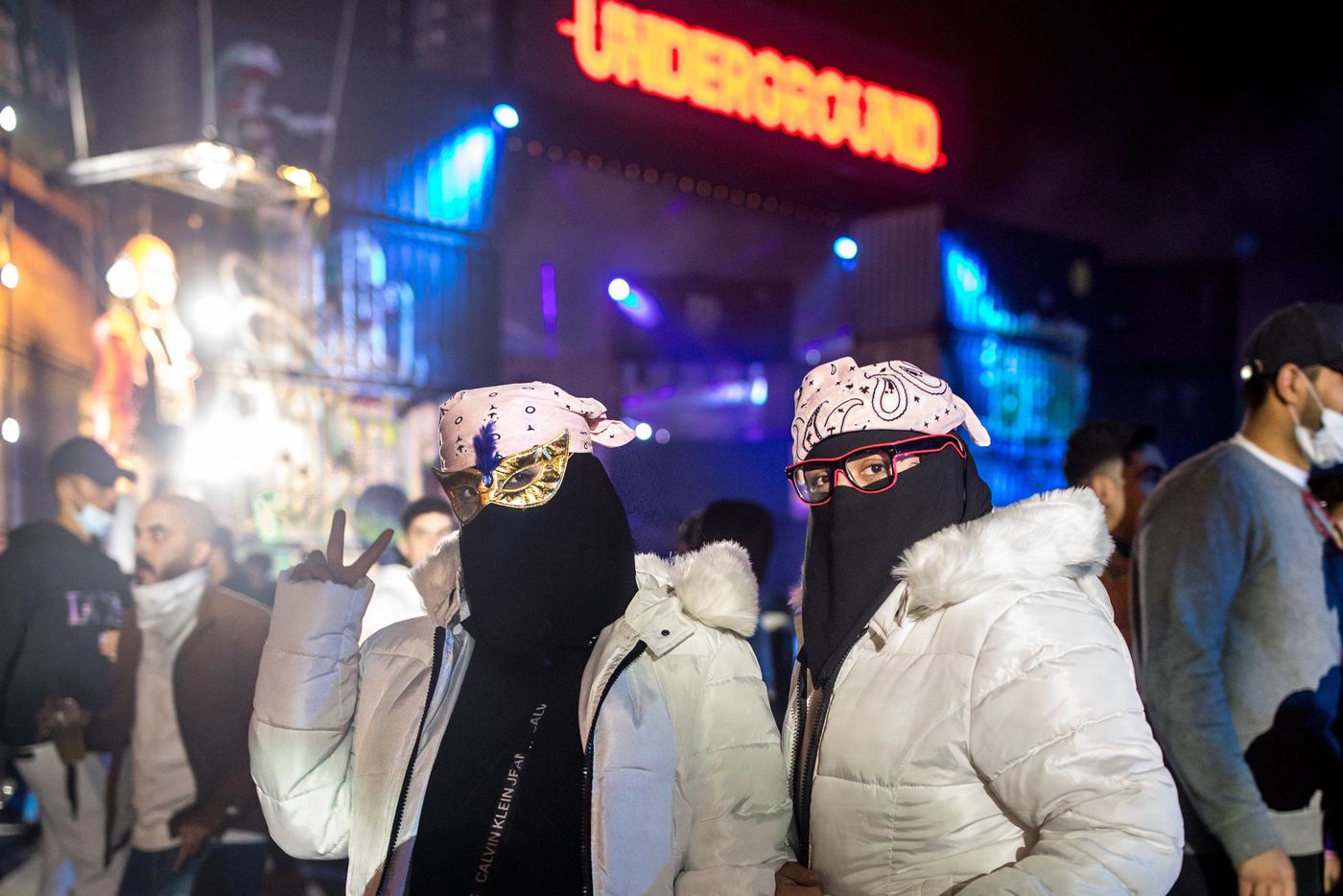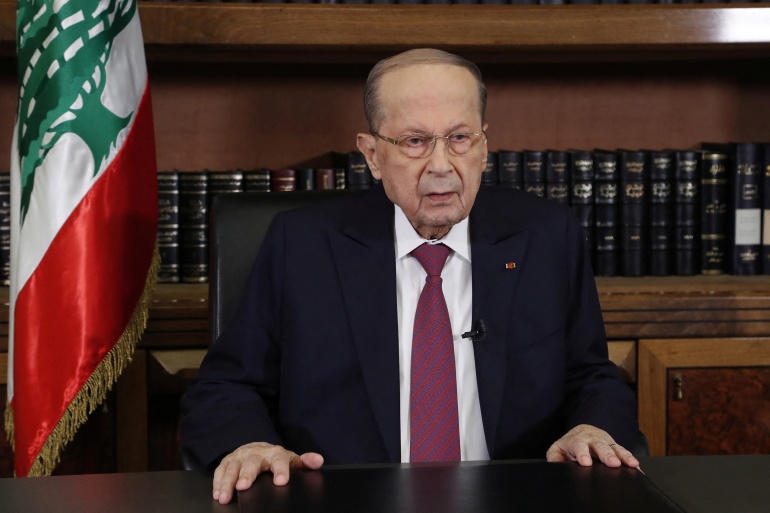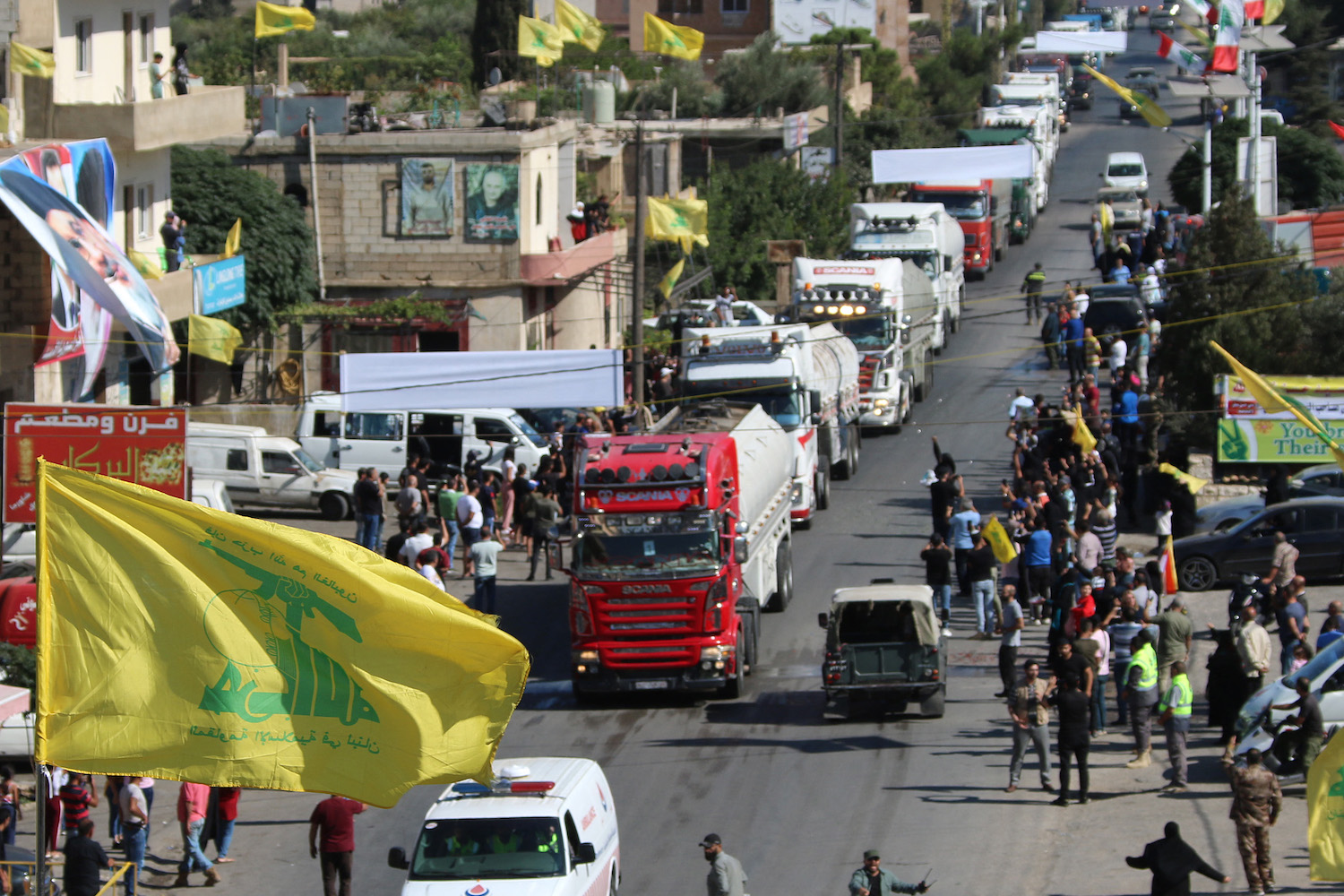
Opinion represents the author of the article and may not necessarily represent khazen.org
By Caroline Rose — Foreign policy — The late October release of an interview with George Kordahi on an Al Jazeera-affiliated program, filmed before he became Lebanon’s information minister, unleashed a diplomatic crisis. In the tape, Kordahi expressed sympathy with Yemen’s Iran-aligned Houthi rebels, against whom Saudi Arabia is currently fighting a brutal war. Saudi Arabia, Kuwait, the United Arab Emirates, and Bahrain promptly recalled their diplomatic envoys from Beirut, and Saudi Arabia imposed a ban on all Lebanese imports. The UAE additionally barred its citizens from travel to Lebanon. But there is an unstated element in the recent Gulf pressure campaign against Lebanon that transcends political and sectarian dynamics: The Gulf is a destination market in the Middle Eastern drug trade. A notable uptick in smuggled shipments of captagon, an amphetamine-type substance—transited through overland routes in Jordan and Lebanon, as well as maritime routes in the Mediterranean and Red Sea—has overwhelmed ports of entry in the Persian Gulf, introducing a challenge that customs systems and interior ministries have struggled to navigate.
Yet the decision to impose a blanket ban on Lebanese imports may have backfired. Much like the November 2017 crisis, when Saudi authorities held then-Lebanese Prime Minister Saad Hariri hostage and forced his resignation (which he later rescinded), the recent Saudi move is an attempt to shift Lebanon’s balance of power against Hezbollah, a Shiite Islamist political party and military group supported by Iran. Amid stalemate, economic collapse, and political paralysis in Lebanon, Saudi Arabia and its allies have racked up pressure on Prime Minister Najib Mikati’s new, fragile government as a warning against rising Shiite influence in the country.
For decades, Saudi Arabia has sought to constrain Iranian influence among Lebanon’s Shiite population as well as its proxy control over Hezbollah. Until recently, Riyadh has accomplished this through its ties to Lebanon’s Sunni political elite. But the country’s ongoing political paralysis has created concern that Saudi leverage in Lebanon may now be waning. Captagon’s quick ascent has added to Saudi Arabia’s anxieties. In the last two decades, the Persian Gulf, particularly Saudi Arabia, has transformed into the drug’s top destination market, where it has become a quiet but popular substance.

